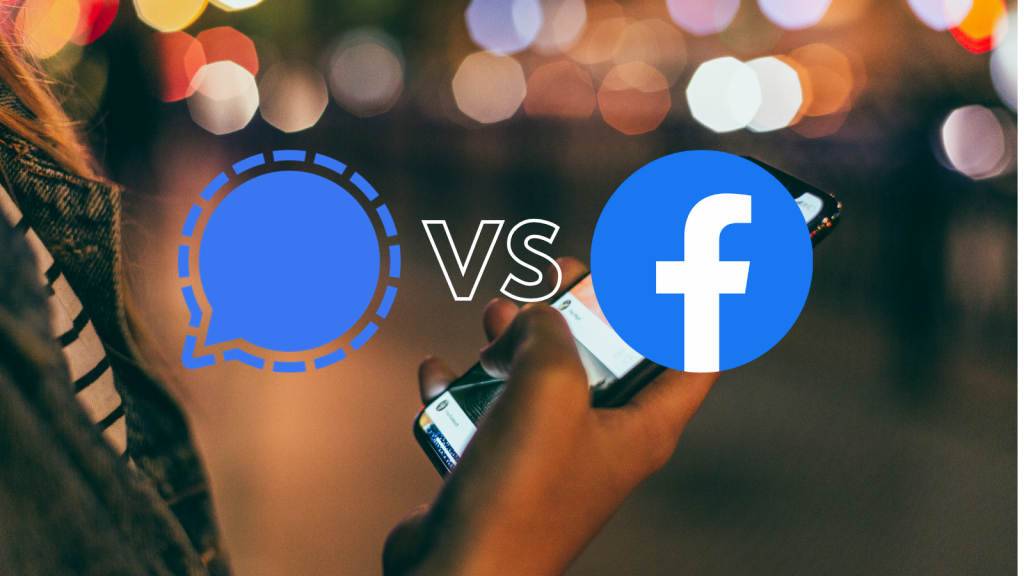While most people know that Facebook’s advertising practices are questionable on the best of days, popular messaging app Signal recently attempted to expose how accurate the social giant’s tracking really is. That is, if you can even call it tracking — we’d prefer to call it blatant surveillance.
Many users of the blue social platform and its underlings (Instagram and WhatsApp) really have no idea how deep its understanding of its users delves. A recent advertising campaign attempted to buy ‘multi-variant targeted’ ads on Instagram that would clearly show the company’s tracking practices.
Wait for the Signal
An ad would, for example, detail what a person seeing the ad does for a living, what they’re interested in and what they’ve been up to recently. Seeing this plainly would probably knock anyone off their office chairs, but this is the level of in-depth information these companies gather of their individual users.
Advertisers can, through Facebook and its partnered platforms, use hundreds of data points to target specific users, and while it may not be as obvious from the ads you generally encounter — the targeting work that goes on behind the screen is quite extensive.

“Advertisers can use the enormous range of data points to target audiences based on their location, age, demographics, interests, and behavior,” The Next Web details.
“The resulting adverts can be eerily intimate and potentially harmful. Just last week, researchers found that Facebook had allowed advertisers to target teenage children interested in smoking, gambling, and extreme weight loss.”
Signal, the messaging app focused on privacy and keeping user information safe, details the process of designing the advertising campaign, saying ads would “… simply display some of the information collected about the viewer which the advertising platform uses.” And apparently “Facebook was not into that idea.”
The social media platform immediately disabled the ad campaign and disabled the ad account. This kind of stuff can’t be obvious to its users, right? Of course, we need to consider that the whole thing is a stunt to bait current WhatsApp users to Signal (considering WhatsApp’s deadline to consent to data tracking is coming up), but it does unveil some of the platform’s questionable practices.




